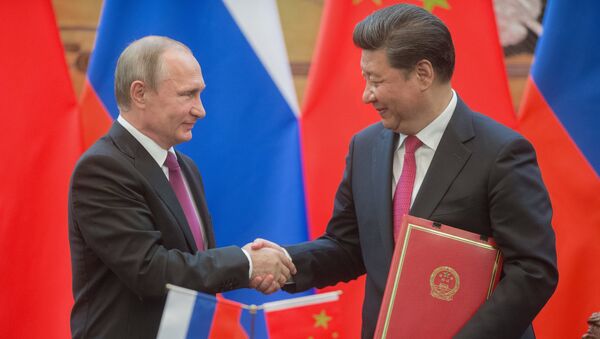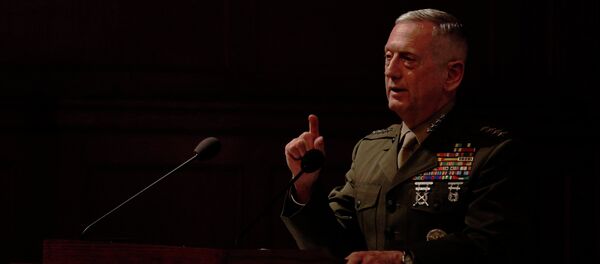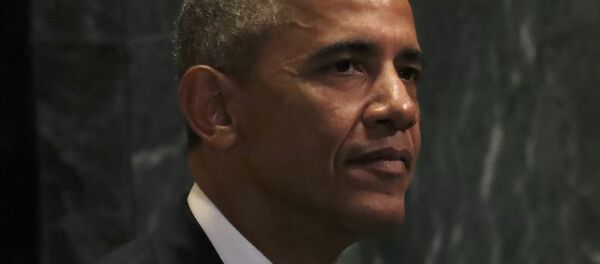"This time the West, especially the United States, is seriously helping us," Alexander Lukin, a China expert and department head at the Higher School of Economics based in Moscow, stated on Wednesday. "So, basically you’re helping us very much by moving us together."
Lukin also said many have tried to persuade the Russian government to look at Asia seriously for a long time and that it was very difficult to press them to turn its foreign economic policy and political attention to Asia, adding that now the current focus is "already irreversible."
Dmitry Suslov, deputy director at the Center for Comprehensive European and International Studies at the Higher School of Economics, noted three things he thinks makes the current shift unique.
"For the first time Asia-Pacific is the center of gravity in the world, that’s the first thing, and that makes the Russia pivot to Asia more serious," Suslov explained.
Another difference Suslov noted was that for the first time China is not just the number one trading partner with Russia a major economy in the world if you calculate the country’s GDP through participation power parity.
"And three, for the first time in Russian history, our relations with China and the Russian policies toward China no longer depend on the conjuncture and the ups and downs of Russia-Western relations," Suslov said.
Even if Russia and the United States temporarily improve their relations under President-elect Donald Trump, relations with China would remain stable, he predicted.
"They have acquired a quality and substance of their own, even if there will be a new improvement in US-Russian relations under Donald Trump, which I think is quite likely but will be short-lived, it will not result in any kind of downgrade of Russia’s relations with China, it will not go at the expense of Russia’s relations with China," Suslov concluded.
Earlier on Wednesday, Trump’s nominee for US Ambassador to the United Nations Nikki Haley said during her confirmation hearing at the Senate that the United States must realize Russia and China are very different, with the former allegedly trying to show its military strength and the latter its economic power.
Never miss a story again — sign up to our Telegram channel and we'll keep you up to speed!



